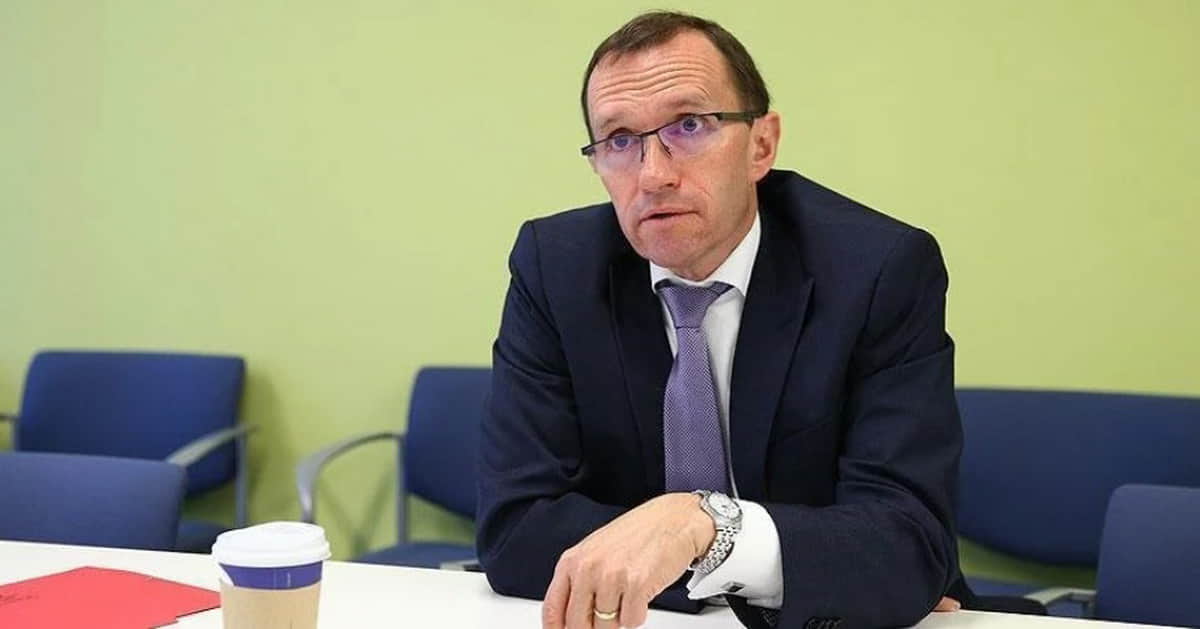Norway's Foreign Minister on “red lines” in backing Ukraine and experience of neighbouring Russia

Norway was one of the first of Ukraine's allies to adopt a long-term support plan for 2023-2027. Its defence support is crucial for Kyiv. Norway has benefited from increased oil and gas revenues since the Russian invasion of Ukraine. Given the delay in US assistance, there have been many calls for Norway to use these windfalls to increase aid to Ukraine.
Norway has benefited from increased oil and gas revenues since the Russian invasion of Ukraine. Given the delay in US assistance, there have been many calls for Norway to use these windfalls to increase aid to Ukraine. All these factors prompted European Pravda's correspondent Oleg Pavliuk to speak with Espen Barth Eide, the Norwegian Minister of Foreign Affairs, on the sidelines of the NATO foreign ministers' meeting in Brussels.
Read more in his interview - Norway's Foreign Minister: "We should all be honest and say: Nobody does enough for Ukraine." I think we all agree that Ukraine should be helped towards victory and that the support shall be there as long as it takes to achieve victory. But what I do understand, and I think all of us understand, is that seen from Ukraine, there's a lot of good words, but not sufficient actual support.
I think we should all be honest and say: Nobody does enough. Even the biggest contributor (probably referring to the USA - ed.) does not do enough. Because just look at the realities on the battlefield, not in numbers.
We are now, after a very strong message from Dmytro Kuleba (at the Ukraine-NATO Council meeting - ed.), my good friend and colleague - very aware that air defence is number one. Of course, we also continue to work on artillery shells and general support. And some of us also are looking into how we could do something that goes deeper behind enemy lines.
We have no current plans to send troops. I don't think many countries have. But on the other hand, in the very long run I don't think we should rule out anything in principle.
And it is important that all Europeans are now preparing for both outcomes in the US (the approval of additional aid to Ukraine - ed.), both an outcome where they will go through with their package, which might happen - and (Secretary of State Antony) Blinken suggests that could happen soon - it has passed the Senate, it is waiting for Congress. But also if they don't, we must make sure that we collectively, as an alliance, keep up a sufficient level of support for Ukraine. So, yes, in a sense, although I don't have news today.
We are now just about to come up with a new long-term plan for defence, where we step up our efforts to build our defence infrastructure and defence spending. But we're also working very hard on broader societal resilience, including against cyber threats and false information and all these issues. This is much higher on the agenda now over the last two years than it was, let's say, ten years ago.
Norway is in an interesting historical situation: We are the only old NATO country that had direct borders with both the Soviet Union and today's Russia. We have 75 continuous years of bordering first the Soviet Union and then Russia. So we think we know them quite well, and we take necessary measures.
If you notice an error, select the required text and press Ctrl + Enter to report it to the editors.